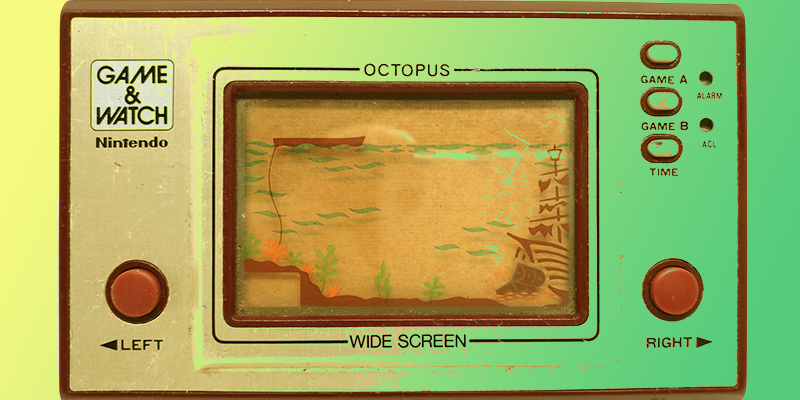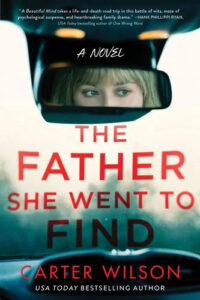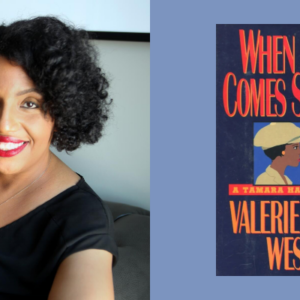It was early 2021 and I couldn’t stop thinking about the eighties. For you maybe it was the seventies, or early 2000s, or whatever time it was that whisked you back to your youth, what we collectively call the good ole days, even if we can never all agree on when those days were. That period of time when things were easier, life was simple, people were less divided. Most of all, a time when there wasn’t a goddamn pandemic going on. In short, in 2021 I was feeling profoundly nostalgic.
Every writer I know—including myself—was getting the same question: how are you going to write the pandemic? People wanted to know how novelists were going to set books in modern-day and if we were going to have the pandemic serve as a backdrop, or even a character.
I got these questions and had no answers, because the pandemic made me want to write about anything BUT modern day. My books are dark enough, I didn’t want reality sending my readers into a depression-spiral. Moreover, I wanted to stick my head in the sand, ignore everything around me, and write about when I was living as a teenager in the Los Angeles suburbs in the mid-to-late-1980’s. Funny thing is, a lot of my writing friends were feeling the same thing, and damn if we aren’t now seeing a slew of fiction coming out set in the past. My newly released thriller The Father She Went to Find is my pandemic book, and it all takes place in 1987 (is that long enough ago to be considered historical fiction? Probably not).
Everyone needed an escape in 2020 and 2021, and for many authors that meant writing about their version of the good ole days. But the naked truth is there’s no such thing. All days are amazing, and all days are the stuff of nightmares. Everything is perspective, and the foundations of perspective are memory and ignorance. If you have fond memories of a certain decade, it’s usually a result of how long ago that decade was and how naïve you were at the time. In the 1980’s, I was exceptionally young and stupid.
But that’s good! I write thrillers, and no matter how Pollyannaish my memories of the 80s are (mall arcades! mix tapes! whitewash jeans! Cyndi Lauper!), there are haunting things about that decade that make it a delicious time period in which to set a novel.
Cocaine was killing people even though it was more common than Guess jeans. Crack was disproportionately destroying Black families while Nancy Reagan was blithely telling folks all you had to do was say no. Massive industry deregulation allowed Wall Street bankers to do whatever the hell they wanted, and they did. Oliver North was the symbol of all the lies the government was desperately trying to hide. Smoking on airplanes was still allowed, chickenpox parties were a thing, hitting your kid was an accepted form of parenting, and if you had to murder someone to get that limited-edition Cabbage Patch Doll, well, we’ll just look the other way for a few minutes while you do it.
Oh, and nuclear war. That was going to happen at any moment. For pretty much the entire decade. At school, our nuclear-strike drills consisted of the (useless) actions of either cowering under our desks or running outside, because what school district can afford thousands of radiation suits?
We always think the current decade is the worst of all time, but all decades are sublime and terrible in their own ways.We always think the current decade is the worst of all time, but all decades are sublime and terrible in their own ways. You tell me how the eighties were the decade of confidence and wealth, and I’ll point out how suicide rates were the highest since WWII (a rate not eclipsed until 2018). So even though I was feeling nostalgic and had a yearning to write about my good ole days, the national backdrop of my formative teen years was, in fact, one of paranoia, greed, self-harm, and fear.
Which is great if you’re a thriller writer, because, well, those four things can make for a terrific story. And while a first-person narrative with only a handful of characters may not encompass the full cultural zeitgeist, there are other things about the eighties that can be especially appealing to the thriller writer.
The top of that list is the absence of smartphones. Or even dumb phones. In the eighties, the freedom of being fully untethered while, say, out for a pleasant night drive came at a massive price. One wrong turn, one flat tire, one run-in with an unhinged driver–you were out of luck (the 1986 movie The Hitcher was a brilliant example of this). You had no way of checking your location on a map or calling for help, unless you could hoof it to the closest place with a landline (and who knew what horrors were waiting for you in that place). Writing crime fiction in an area before mobile phones is an unbridled delight, simply because it strips your characters of so many options. Simply put, the more fundamental the technology of an era, the greater ability for all sorts of nasty things to happen to you.
Yet my draw to write about the eighties still came from a place of nostalgia, because I remember those years as some of the best of my life. It was only when I started the process of putting words down that I remembered the cracks in the varnish, the not-so-great bits about the decade. But this ended up saving my manuscript, because as much as the pandemic made me want to write about shiny, happy things, in the end I’m still a writer of dark, psychological thrillers, and there’s nothing particularly fear-inducing about getting the high score in Galaga or moonwalking in front of a school assembly.
The good ole days? Now that I’m in my fifties, I can confidently state they don’t exist. And for a crime writer, that’s a good thing.
***





















